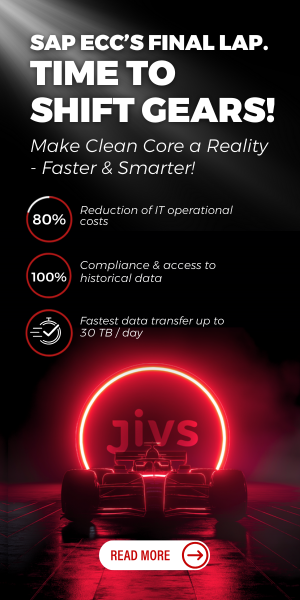NATO is set to accelerate its digital modernization after choosing Google Cloud to deliver an air-gapped sovereign cloud environment built for classified, AI-driven workloads. The agreement, announced on November 24, marks a multimillion-dollar commitment to upgrade NATO’s data governance and security posture while enabling more advanced analytics and operational capabilities.
Data Control, AI Adoption
The NATO Communication and Information Agency (NCIA) selected Google Distributed Cloud to support the Joint Analysis, Training and Education Centre. The center plans to use the platform to modernize operations and manage sensitive workloads inside a fully isolated environment.
A central element of the deal is Google Distributed Cloud air-gapped, which is a version of Google’s sovereign cloud stack that delivers analytics and AI tools inside a completely disconnected environment. NATO gains the ability to run modern AI workloads while maintaining strict data residency, autonomy, and operational control. The technology is designed for organizations that must keep critical data within secure sovereign boundaries yet still need access to advanced cloud capabilities.
Both parties frame the partnership as essential to NATO’s broader digital transformation. Google Cloud’s EMEA president highlighted the goal of helping NATO adopt new technologies without compromising security. NCIA’s CTO noted that industry collaboration is crucial to strengthening operational capabilities at scale.
Next Steps
NCIA expects the cloud environment to enhance analytics, improve operational efficiency, and enforce the highest levels of protection for classified information across NATO and its allies. The sovereign setup also supports long-term resilience by reducing dependence on external networks and preserving sovereignty over mission-critical data.
The integration of the new platform reportedly will unfold over the coming months.
What This Means for ERP Insiders
Sovereign cloud maturity is an enterprise technology strategy. The emphasis on an air-gapped, fully isolated cloud capability shows some demand for environments where data residency, operational control, and security directives dominate platform decisions. ERP leaders may start seeing more architectures that can operate under stringent sovereignty conditions while still supporting modern analytics and AI workloads. Such requirements are likely to influence vendor roadmaps toward more compartmentalized, sovereign-ready deployment models.
AI enablement under strict constraints is as a critical differentiator for secure large-scale transformations. NATO’s selection of an air-gapped infrastructure designed to run advanced analytics and AI workloads illustrates a model in which AI adoption depends on highly assured control of sensitive data. This places pressure on ERP providers and integrators to ensure AI features can be deployed in secure, restricted environments without sacrificing capability. It also elevates the value of architectures that maintain functional parity across connected and disconnected operating modes.
Partner ecosystems face mounting expectations to deliver cloud solutions that align with classified or high-sensitivity operational requirements. This type of industry collaboration is essential to enabling secure, scalable modern infrastructures, suggesting that customers with elevated risk profiles will increasingly seek partners capable of demonstrating similar assurances. ERP vendors and systems integrators may need to strengthen competencies around secure deployment patterns and governance models that mirror sovereign-cloud principles.






